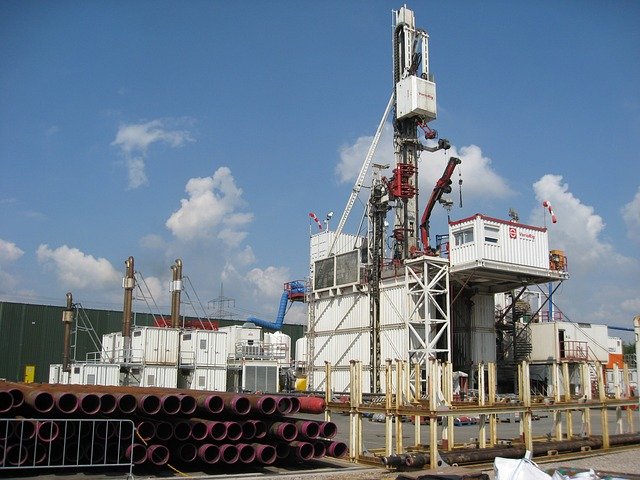Experts caution that new tariffs on oil and gas could hurt Canada’s economy and raise fuel costs in the U.S.
Concerns Grow Over Trump’s Tariff Threats
In Alberta, Canada’s main oil-producing region, concerns are rising about Donald Trump’s proposed 25% tariff on Canadian imports. Political leaders and energy experts warn the tariffs could trigger severe economic fallout in Canada and increase fuel costs for Americans.
“Canada must find a way to work with Trump,” said Dennis McConaghy, a former Alberta energy executive. “Accommodations will be necessary.”
On Monday, Trump confirmed plans to impose a blanket tariff on imports from Canada and Mexico starting in January. He did not clarify whether oil and gas would be exempt.
Lisa Baiton, CEO of the Canadian Association of Petroleum Producers, warned the tariff could reduce oil production in Canada. McConaghy added that job losses in Alberta and economic strain across Canada could follow. Wealthier provinces like Alberta currently fund public services in other regions.
The tariffs may also weaken the Canadian dollar, which is already struggling. “Canada’s economy relies heavily on U.S. trade,” McConaghy said. “About 80% of Canada’s trade involves the U.S., much of it in oil and gas.”
U.S. Refineries and Consumers Face Rising Costs
U.S. fuel manufacturers have urged Trump to exclude oil and gas from the tariffs. Canadian crude is critical for U.S. refineries, which depend on imports to function efficiently. “Crude oil is to refineries what flour is to bakeries,” explained the American Fuel and Petrochemical Manufacturers (AFPM). Higher feedstock costs will raise U.S. fuel production expenses.
Although the U.S. leads in crude oil and natural gas production, certain regions like California and the Midwest rely heavily on Canadian imports. Nearly 40% of crude processed in the U.S. is imported, mostly from Canada. Midwest refineries, designed for heavier Canadian crude, would face higher costs if tariffs are imposed.
The AFPM warned these costs could pass to consumers, resulting in higher gas prices. Patrick De Haan, a Chicago-based gas price analyst, predicted that Midwest states like Minnesota, Wisconsin, and Michigan could see fuel prices rise by up to 75 cents per gallon. Higher fuel costs would also impact airlines and freight carriers, increasing travel and shipping expenses.
Energy Independence Goals and Uncertainty
Higher gas prices could contradict Trump’s campaign promise to lower fuel costs. He pledged to reduce gasoline prices to below $2 per gallon, but by late November, average prices hovered around $3.
Trump’s focus on energy independence includes boosting U.S. oil production and reducing reliance on foreign sources. However, U.S. refineries cannot fully meet domestic demand without imports from allies like Canada.
Uncertainty remains over whether the tariffs will take effect. Analysts speculate Trump may use the threat as leverage to secure cooperation from Canada and Mexico on border security. Trump has tied the tariffs to addressing illegal immigration and drug flow into the U.S.
The potential economic and political consequences of these tariffs will continue to spark debate on both sides of the border.
